Datasheet
Year, pagecount:2008, 4 page(s)
Language:English
Downloads:3
Uploaded:December 27, 2021
Size:795 KB
Institution:
-
Comments:
Attachment:-
Download in PDF:Please log in!
Comments
No comments yet. You can be the first!
Content extract
A Guide to Buying Prepared by the Real Estate Institute of Tasmania September 2008 Real Estate Institute of Tasmania ‘Real Estate House’ 33 Melville Street Hobart TAS 7001 www.reitcomau BUYING A HOME Buying a home is not only one of the largest purchases you’ re likely to make, it can also be one of the best long-term investments – so it’ s important that you get it right. This means doing your homework and making sure that the property you are buying is the right one in terms of price, location, value, size and lifestyle. PRIVATE SALE OR AUCTION? There are two main ways to buy a home – by making an offer of sale by contract or by auction. As a buyer, you don’t really have a choice, as it is the seller (vendor) who decides which method to use to sell their home. AUCTION An increasing number of residential sales are occurring by auction in Tasmania, largely due to an increased level of demand and in some cases a lack of supply. It largely depends on the area and the
type of property, as to whether auctions are the preferred method of sale. The auction method is the ideal way to test the property market against buyer demand. However, it is also an emotionally charged and fast-moving atmosphere that requires both parties to keep a cool head. Some of the benefits of buying at auction include: § You can compete with other bidders in an open forum and you are aware of other offers being made. § All legal documents relating to the sale of the property are available for inspection before the auction. § Contracts of Sale can be signed and exchanged on the day of the auction. PREPARING TO BUY Prospective purchasers need to do some homework: decide what you want in terms of size, location and price range. Register your name and requirements with estate agents and ask them to let you know when suitable properties come up. Regularly check the local newspapers There is also a number of Internet sites devoted to listing properties for sale. (eg
wwwreitcomau) REIT member agents have exclusive access to a timely and comprehensive sales database and can provide information about comparable sales in the area. Prospective homebuyers are encouraged to attend a Buying a Home Seminar, organised by the Adult Education (TAFE Tasmania) and conducted by the REIT. A Guide to Buying (September 2008) Page |2 INSPECTING A PROPERTY Inspections should be made at the advertised times or by appointment with the real estate agent. You may consider having a property inspected by a builder or architect to assess whether there are any defects that might affect your decision to buy. This is particularly relevant if large-scale renovation or extensions are planned The Housing Industry Association (HIA), among others, provides an inspection service. For a fee, their members can inspect and report on the state of the property, including the structural condition, damp and termites. You need to look at the location and style of the property in
relation to your requirements: the size of the property, proximity to schools, and access to public transport and so on should all be considered. Once you have found a property that suits you, it is wise to check it out during the week as well as on the weekend, as a peaceful environment one day might be quite different at other times. ORGANISING FINANCE It is vital that you organise your finances before making an offer or bidding at an auction. Make arrangements to cover the deposit should your offer or bid be successful, and arrange to have the appropriate mortgage funds available for settlement. Confirm with your financial institution or bank the amount they are willing to lend you and calculate this with your capacity to repay, without negatively impacting on your lifestyle and any other financial commitments. Don’ t forget that (variable) home loan interest rates can move up and down, so you need to have a bit of leeway to cope if this happens. MAKING AN OFFER Missing out on a
property that you have your heart set on can be a very disappointing experience. Quite often this happens because the offer process is misunderstood. When making an offer to purchase a property, it is important to be aware of the following: § The agent will submit all offers to the vendor. § The property remains on the market while the vendor considers all offers. Just because your offer is the first one submitted, does not necessarily mean that it will be accepted. § Your offer may include a date by which it will lapse if not accepted. § An offer may be made subject to a finance clause i.e bank approval, sale of an existing property or another condition such as a builder’s inspection. § You can make your offer conditional on certain items (such as a dishwasher) being included or excluded from the contract. Any special conditions such as these must be written into the contract A Guide to Buying (September 2008) Page |3 An offer is not legally binding on both
parties until the buyer and seller have signed a Standard Contract of Sale. Once the offer is made in writing, it is then up to the vendor whether or not to accept it or whether to give other parties the opportunity to increase their original offers. The vendor is under no obligation until they accept the buyer’s offer by counter-signing the contract. It may be worthwhile making an offer for a property before it goes to auction as this gives you an opportunity to negotiate through the agent and perhaps to stipulate any particular conditions you require in the sale. COOLING-OFF PERIOD There is currently no Cooling Off Period in Tasmania. However, new legislation that may commence early 2009 is likely to include this. CONVEYANCING How you decide to handle the paperwork associated with the property purchase is your own decision. Options include using a solicitor, or doing it yourself. It is strongly recommended that inexperienced buyers seek professional advice from a Solicitor unless
you are intimately aware of the conveyance process. THE CONTRACT If you have inspected a property and decided to buy it, either by private sale or before a scheduled auction, the estate agent will generally prepare a Contract Note for you to sign. If you are buying at an auction, the vendor’s solicitor will have prepared a Standard Sale Contract, which you can inspect prior to and at the auction. The Standard Sale Contract will include details of the terms and conditions of the sale, such as the deposit required, the settlement date and the chattels included with the property (such as carpets, curtains etc). The Standard Sale Contract’s are legally binding documents, so it is important that you fully understand your obligations before signing. COSTS ASSOCIATED WITH BUYING A PROPERTY There are a number of costs aside from the purchase price for which a buyer is liable. A checklist may include the following: § Legal/conveyancing fees § Stamp duty on the transfer of property §
Loan application fees § Mortgage Insurance plus other insurance, rates etc STAMP DUTY For more information on stamp duty payable in Tasmania, go to www.srotasgovau and click on ‘Duty’ on the left hand side of the page. A Guide to Buying (September 2008) Page |4
type of property, as to whether auctions are the preferred method of sale. The auction method is the ideal way to test the property market against buyer demand. However, it is also an emotionally charged and fast-moving atmosphere that requires both parties to keep a cool head. Some of the benefits of buying at auction include: § You can compete with other bidders in an open forum and you are aware of other offers being made. § All legal documents relating to the sale of the property are available for inspection before the auction. § Contracts of Sale can be signed and exchanged on the day of the auction. PREPARING TO BUY Prospective purchasers need to do some homework: decide what you want in terms of size, location and price range. Register your name and requirements with estate agents and ask them to let you know when suitable properties come up. Regularly check the local newspapers There is also a number of Internet sites devoted to listing properties for sale. (eg
wwwreitcomau) REIT member agents have exclusive access to a timely and comprehensive sales database and can provide information about comparable sales in the area. Prospective homebuyers are encouraged to attend a Buying a Home Seminar, organised by the Adult Education (TAFE Tasmania) and conducted by the REIT. A Guide to Buying (September 2008) Page |2 INSPECTING A PROPERTY Inspections should be made at the advertised times or by appointment with the real estate agent. You may consider having a property inspected by a builder or architect to assess whether there are any defects that might affect your decision to buy. This is particularly relevant if large-scale renovation or extensions are planned The Housing Industry Association (HIA), among others, provides an inspection service. For a fee, their members can inspect and report on the state of the property, including the structural condition, damp and termites. You need to look at the location and style of the property in
relation to your requirements: the size of the property, proximity to schools, and access to public transport and so on should all be considered. Once you have found a property that suits you, it is wise to check it out during the week as well as on the weekend, as a peaceful environment one day might be quite different at other times. ORGANISING FINANCE It is vital that you organise your finances before making an offer or bidding at an auction. Make arrangements to cover the deposit should your offer or bid be successful, and arrange to have the appropriate mortgage funds available for settlement. Confirm with your financial institution or bank the amount they are willing to lend you and calculate this with your capacity to repay, without negatively impacting on your lifestyle and any other financial commitments. Don’ t forget that (variable) home loan interest rates can move up and down, so you need to have a bit of leeway to cope if this happens. MAKING AN OFFER Missing out on a
property that you have your heart set on can be a very disappointing experience. Quite often this happens because the offer process is misunderstood. When making an offer to purchase a property, it is important to be aware of the following: § The agent will submit all offers to the vendor. § The property remains on the market while the vendor considers all offers. Just because your offer is the first one submitted, does not necessarily mean that it will be accepted. § Your offer may include a date by which it will lapse if not accepted. § An offer may be made subject to a finance clause i.e bank approval, sale of an existing property or another condition such as a builder’s inspection. § You can make your offer conditional on certain items (such as a dishwasher) being included or excluded from the contract. Any special conditions such as these must be written into the contract A Guide to Buying (September 2008) Page |3 An offer is not legally binding on both
parties until the buyer and seller have signed a Standard Contract of Sale. Once the offer is made in writing, it is then up to the vendor whether or not to accept it or whether to give other parties the opportunity to increase their original offers. The vendor is under no obligation until they accept the buyer’s offer by counter-signing the contract. It may be worthwhile making an offer for a property before it goes to auction as this gives you an opportunity to negotiate through the agent and perhaps to stipulate any particular conditions you require in the sale. COOLING-OFF PERIOD There is currently no Cooling Off Period in Tasmania. However, new legislation that may commence early 2009 is likely to include this. CONVEYANCING How you decide to handle the paperwork associated with the property purchase is your own decision. Options include using a solicitor, or doing it yourself. It is strongly recommended that inexperienced buyers seek professional advice from a Solicitor unless
you are intimately aware of the conveyance process. THE CONTRACT If you have inspected a property and decided to buy it, either by private sale or before a scheduled auction, the estate agent will generally prepare a Contract Note for you to sign. If you are buying at an auction, the vendor’s solicitor will have prepared a Standard Sale Contract, which you can inspect prior to and at the auction. The Standard Sale Contract will include details of the terms and conditions of the sale, such as the deposit required, the settlement date and the chattels included with the property (such as carpets, curtains etc). The Standard Sale Contract’s are legally binding documents, so it is important that you fully understand your obligations before signing. COSTS ASSOCIATED WITH BUYING A PROPERTY There are a number of costs aside from the purchase price for which a buyer is liable. A checklist may include the following: § Legal/conveyancing fees § Stamp duty on the transfer of property §
Loan application fees § Mortgage Insurance plus other insurance, rates etc STAMP DUTY For more information on stamp duty payable in Tasmania, go to www.srotasgovau and click on ‘Duty’ on the left hand side of the page. A Guide to Buying (September 2008) Page |4
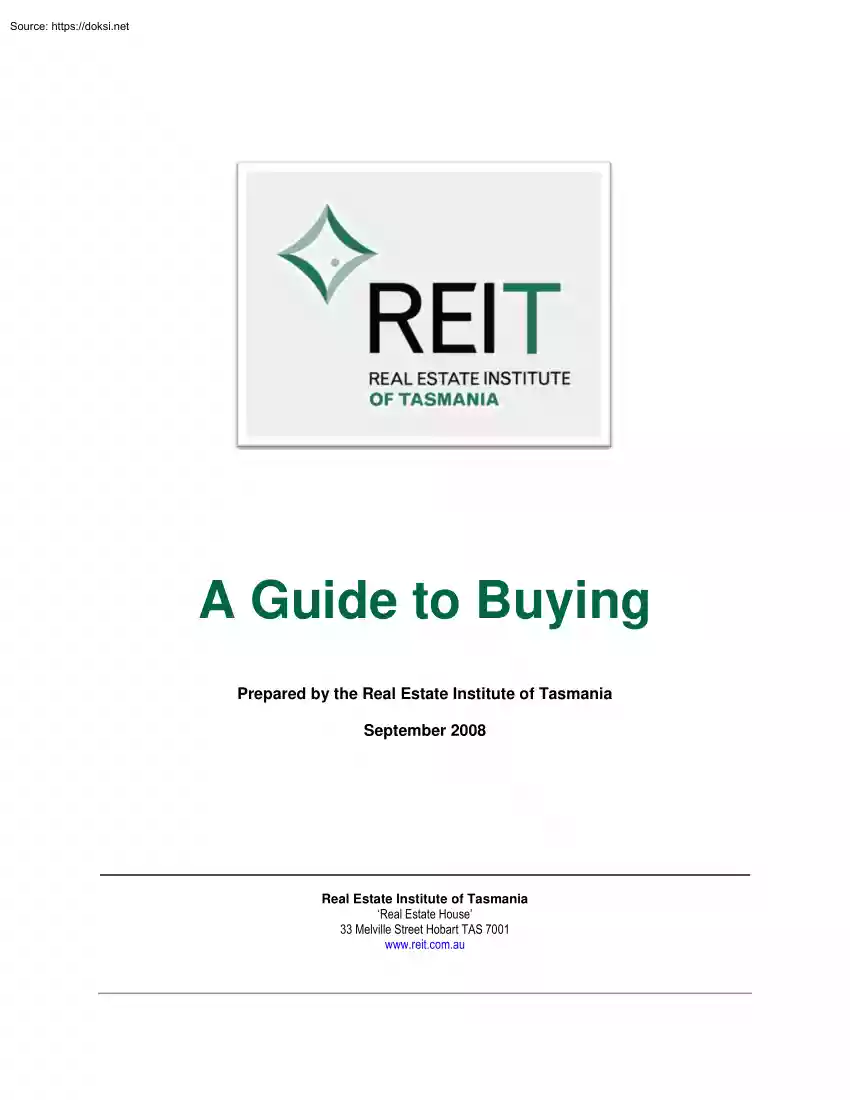
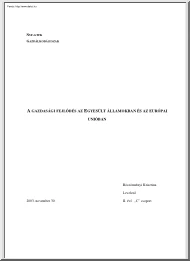
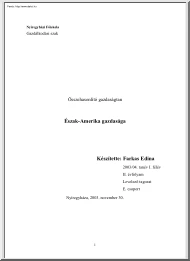
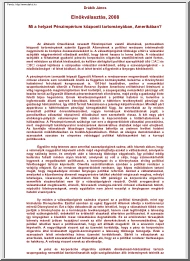
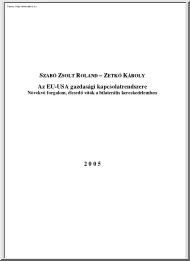
 Just like you draw up a plan when you’re going to war, building a house, or even going on vacation, you need to draw up a plan for your business. This tutorial will help you to clearly see where you are and make it possible to understand where you’re going.
Just like you draw up a plan when you’re going to war, building a house, or even going on vacation, you need to draw up a plan for your business. This tutorial will help you to clearly see where you are and make it possible to understand where you’re going.